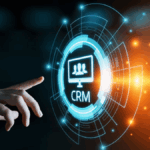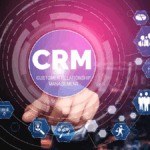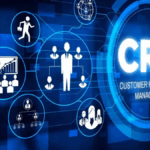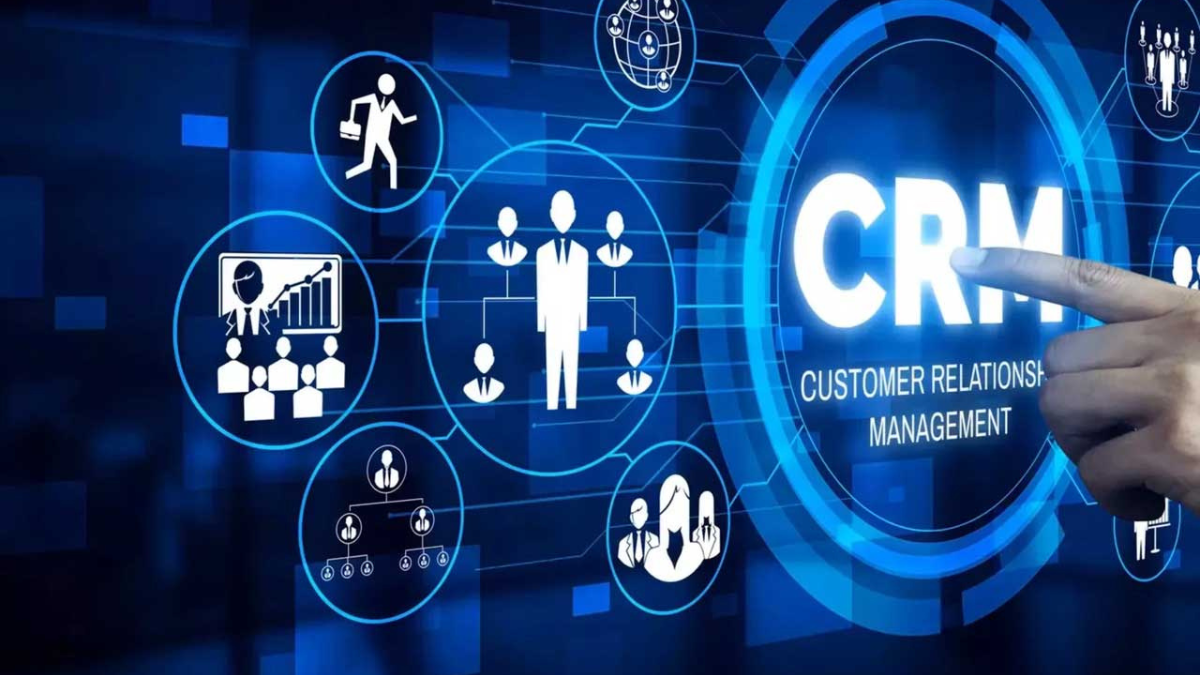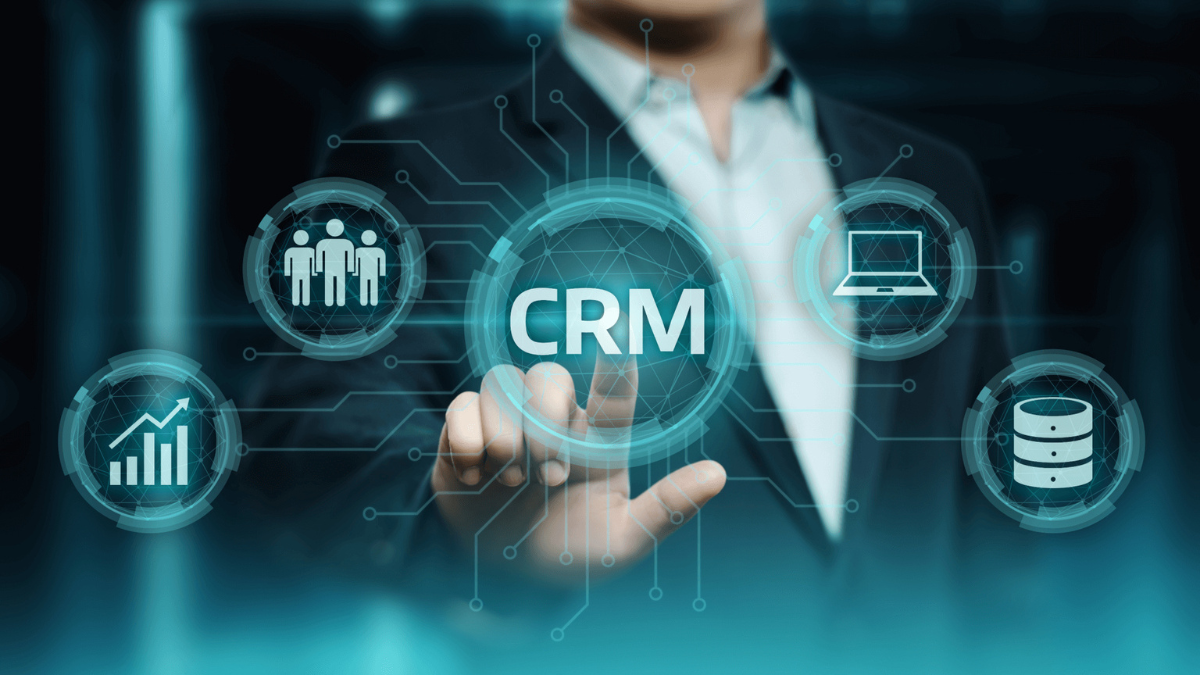In today’s hyper-competitive market, customer loyalty is more valuable than ever. Brands that prioritize long-term relationships over one-time transactions are the ones that win. This is where CRM systems (Customer Relationship Management) play a vital role. A well-implemented CRM does much more than store contact information—it acts as a strategic tool to enhance customer satisfaction, drive loyalty, and increase sales.
Let’s explore how CRM systems help businesses not only retain customers but turn them into lifelong brand advocates.
1. Personalized Customer Interactions
Modern consumers expect personalized experiences. CRM systems help businesses store detailed customer profiles, including purchase history, preferences, behavior, and communication history.
How it helps:
- Tailor marketing emails and offers to specific customer interests.
- Greet repeat customers by name and reference past purchases.
- Recommend relevant products or services.
Result: A more personal connection leads to higher satisfaction and trust, the foundation of loyalty.
2. Better Customer Segmentation
CRM platforms allow businesses to segment customers into specific groups based on demographics, buying behavior, or engagement levels.
How it helps:
- Target high-value customers with premium offers.
- Create special campaigns for at-risk or inactive customers.
- Reward loyal customers through exclusive deals.
Result: More relevant communication leads to better response rates and improved customer retention.
3. Timely and Consistent Follow-ups
Customers are more likely to stay loyal when they feel remembered and valued. CRMs automate follow-ups through scheduled emails, calls, or messages.
How it helps:
- Never miss a birthday or renewal reminder.
- Follow up after a sale to ask for feedback.
- Schedule service calls or upgrades automatically.
Result: Proactive engagement keeps your brand top-of-mind and reinforces trust.
4. Enhanced Customer Support
CRMs log every customer interaction, complaint, or service issue, allowing your team to offer faster and more informed support.
How it helps:
- Service reps can instantly see past issues and resolutions.
- No need to repeat information, saving the customer’s time.
- Automate ticketing and response tracking.
Result: Consistent, efficient support strengthens brand perception and loyalty.
5. Insights to Improve Products and Services
CRM analytics track customer behavior and feedback, giving businesses a data-driven approach to improvement.
How it helps:
- Identify common complaints or trends.
- Spot opportunities for cross-selling and upselling.
- Measure campaign effectiveness.
Result: Smarter decisions lead to better offerings, which boost both satisfaction and sales.
6. Builds Long-Term Relationships
By maintaining detailed and centralized customer data, CRM systems foster long-term engagement through nurturing relationships, not just transactions.
How it helps:
- Manage customer lifecycle—from leads to repeat buyers.
- Encourage referrals with loyalty programs.
- Create a consistent brand voice across channels.
Result: You build a community of loyal customers, not just a list of contacts.
7. Sales Team Efficiency
CRM systems streamline the sales process, ensuring that reps spend less time on admin work and more time engaging customers.
How it helps:
- Automates lead tracking and scoring.
- Helps prioritize hot leads.
- Tracks deals and pipelines in real time.
Result: Faster conversions and happier customers who feel understood and well-served.
Final Thoughts
Customer loyalty is not built overnight—but a CRM system makes the process easier, smarter, and more effective. By delivering personalized experiences, automating outreach, and providing deep customer insights, CRMs empower businesses to create lasting bonds with their audience.
In return, loyal customers reward brands with repeat purchases, referrals, and higher lifetime value—making CRM an essential tool for any business that wants to thrive in 2025 and beyond.

